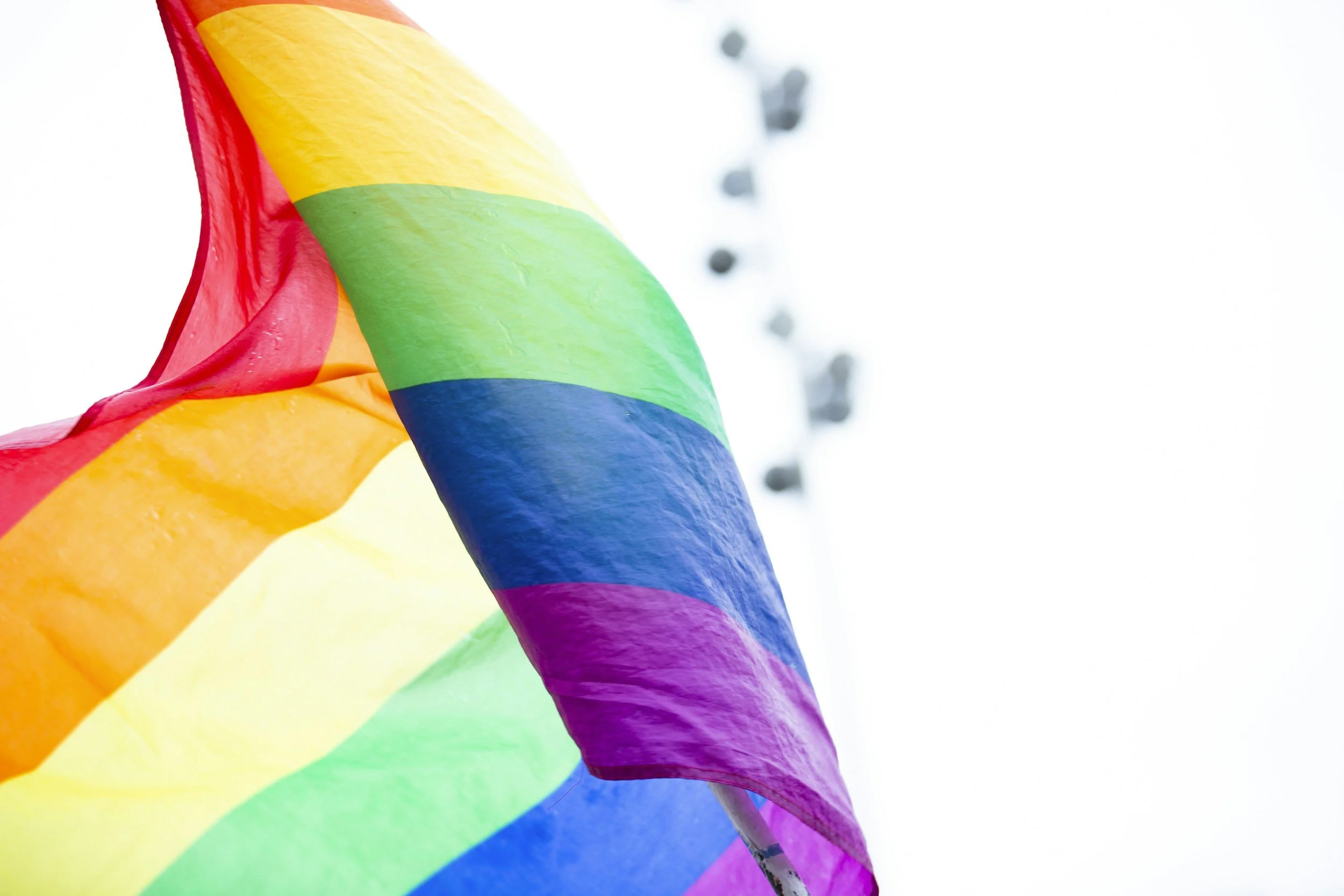Understanding the Intersection of Gender Identity and Mental Health
More and more recently, the conversation around mental health has become more open, crucial, and inclusive. Despite the growth we've seen, we can push past the boundaries preventing our progress by further understanding how gender identity plays a critical role in mental health well-being. For individuals within the LGBTQ+ whose gender identity doesn't align with societal norms or expectations, mental health challenges are often a result of discrimination, stigma, and lack of access to affirming care.
It is essential to explore the complex and deeply personal intersection between gender identity and mental health, so that we are able to highlight the unique struggles faced by transgender, nonbinary, and gender-diverse individuals.
Understanding Gender Identity:
In order to explore the intersection between gender identity and mental health, we have to first be able to understand what gender identity is.
Gender Identity: WPATH (World Professional Association for Transgender Health) defines gender identity as a person’s intrinsic sense of being male (a boy/man), female (a girl/woman), or an alternative gender
Cisgender: an individual whose gender identity aligns with their sex at birth
Transgender: a broad term that can be used to describe people whose gender identity is different from the gender they were thought to be when they were born
Nonbinary, Genderfluid, Agender, and other terms reflect identities outside the traditional male/female binary.
Gender Identity vs. Gender Expression: gender expression is how someone outwardly presents their gender, through their name, pronouns, clothing, hairstyle, behavior, voice, and other characteristics
Gender Identity vs. Sexual Orientation: understand that gender identity is who you are and sexual orientation is who you are attracted
The Impact of Stigma and Discrimination:
For gender-diverse individuals, stigma and discrimination remain to be some of the most harmful barriers to mental well-being. These challenges can manifest in multiple areas of life and often have long-term psychological effects. Examples of stigma and discrimination:
Social Rejection: After coming out, a gender-diverse individual may experience rejection from their family, friends, or community members.
Misgendering and Denaming: As a gender-diverse individual, it can feel invalidating and dehumanizing being referred to by the wrong pronouns or an incorrect name.
Bullying and Harassment: Many individuals within the LGBTQ+ community face bullying in different settings of their lives, such as schools, workplaces, and public environments.
Healthcare Discrimination: Gender-diverse individuals have reported being mistreated or refused care by healthcare providers. Healthcare discrimination can lead to delayed treatment, mistrust in systems, and unmet mental health needs
Legal and Institutional Barriers: Limited access to housing, employment, or healthcare has occurred frequently due to lack of identification documents that reflect a person's gender identity
Internalized Stigma: By internalizing society's negative messages about gender diversity, gender-diverse individuals can begin to manifest feelings of shame, self-doubt, or internalized transphobia.
Mental Health Disparities in Gender-Diverse Communities:
Depression
Anxiety
Suicidality
Nonsuicidal Self-Injury
Disordered Eating
Substance Use
PTSD (Post-Traumatic Stress Disorder)
What Can I Do As An Ally?
Respect Names and Pronouns: When in the presence of a gender-diverse individual, always do your best to use a person’s chosen name and pronouns. Sometimes there will be moments when you forget and that’s okay! Take accountability, apologize, and correct yourself.
Continuously Educate Yourself: Rather than relying on gender-diverse individuals to educate you consistently, take the initiative to learn about the community through books, podcasts, journals, etc. Keep yourself up-to-date with any new or changing policies regarding the community, so that you are best equipped to support and understand individuals from this community.
Challenge Transphobia and Any Discrimination When You See It: In a society that constantly fears individuals who are considered different from the norm, you will unfortunately end up encountering scenarios where you will hear or witness discriminatory jokes, comments, or policies. As an ally, use your privilege to speak up and interrupt harmful behavior in social or professional settings.
Normalize Gender Diversity: Gender diversity is increasingly being immersed within our society. As an ally, it is our job to take part in normalizing gender-diversity. It can be as simple as using inclusive language or avoiding assumptions about someone’s gender based on their appearance.
Create Safe and Affirming Spaces: To ensure that gender-diverse individuals feel safe in environments that you frequent, make sure that your home, workplace, etc. is inclusive and welcoming. You can do so by displaying visible signs of support like LGBTQ+ flags, affirming posters, etc.).
Listen Without Judgement : As an ally of the gender-diverse community, you will often be a confidant for individuals within the community. Be a supportive presence by simply listening without trying to “fix” or minimize what they are experiencing. Engage your active listening skills and consistently validate their feelings and experiences.
If you are experiencing mental health disparities as a gender-diverse individual, your journey does not have to be a lonely one. At Uplift Psychotherapy Center, our counselors are allies and LGBTQ+ competent. Navigating your gender identity can sometimes feel confusing emotionally and physically, especially when having to overcome common stressors associated with coming out. At Uplift, we can guide you through these challenges and connect you with resources and support for your journey. If you’re curious about how we can best support you, schedule a free consult call today!





